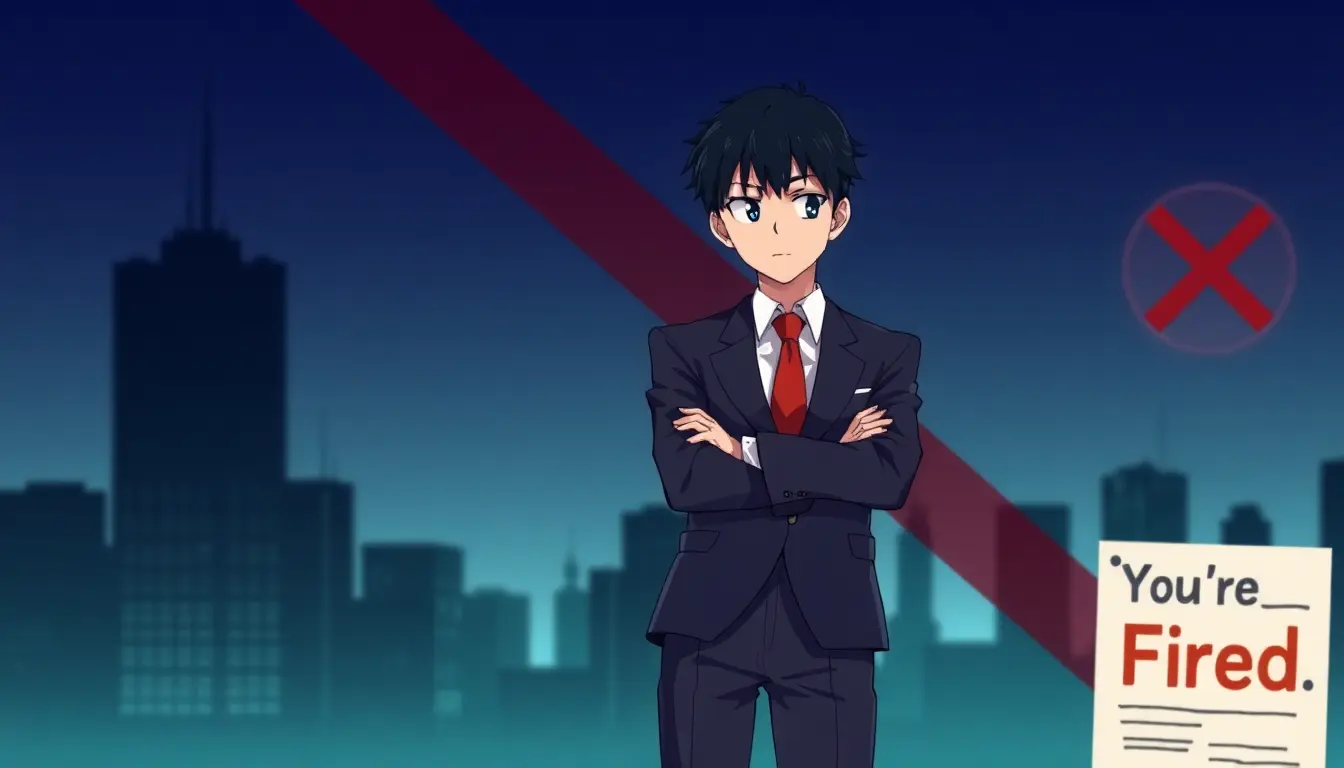Disruptive negotiation is a bold and unconventional approach to reaching agreements that can give you a competitive edge in today’s fast-paced business landscape. By challenging traditional negotiation tactics, you can create innovative solutions that benefit all parties involved. In this article, we’ll delve into the world of disruptive negotiation, exploring its principles, benefits, and strategies for successful implementation.
What is Disruptive Negotiation?
Disruptive negotiation is a negotiation approach that involves thinking outside the box and challenging the status quo. It’s about finding creative solutions that meet the needs of all parties, rather than relying on traditional compromises. This approach requires a deep understanding of the other party’s interests, needs, and limitations. By doing so, you can identify opportunities to create value that might not have been possible through traditional negotiation methods.
Disruptive negotiation is not about being aggressive or confrontational; it’s about being innovative and open-minded. It’s about finding ways to expand the pie, rather than fighting over the size of the slices. This approach can lead to more sustainable and mutually beneficial agreements that foster long-term relationships.
Principles of Disruptive Negotiation
Disruptive negotiation is built on several key principles that set it apart from traditional negotiation approaches. These principles include:
Separating the People from the Problem
In traditional negotiation, it’s easy to get caught up in personal differences and emotions. Disruptive negotiation encourages you to separate the people from the problem, focusing on the issue at hand rather than making it personal. This helps to create a more constructive and respectful dialogue.
Focusing on Interests, Not Positions
Disruptive negotiation involves understanding the underlying interests, needs, and desires of the other party. By focusing on these interests, you can find creative solutions that meet their needs, rather than simply compromising on positions.
Generating Options Before Deciding
Disruptive negotiation encourages you to generate a wide range of options before making a decision. This helps to ensure that you’re considering all possible solutions, rather than settling for a suboptimal agreement.
Using Objective Criteria
Disruptive negotiation involves using objective criteria to guide the negotiation process. This helps to ensure that the agreement is fair and reasonable, rather than being influenced by personal biases or emotions.
Benefits of Disruptive Negotiation
Disruptive negotiation offers several benefits that can give you a competitive edge in business. These benefits include:
Increased Creativity
Disruptive negotiation encourages you to think outside the box and find innovative solutions. This can lead to more creative and effective agreements that meet the needs of all parties.
Improved Relationships
Disruptive negotiation is built on mutual respect and understanding. By focusing on the interests and needs of the other party, you can build stronger, more sustainable relationships that last long after the negotiation is complete.
Better Outcomes
Disruptive negotiation can lead to better outcomes for all parties involved. By finding creative solutions that meet the needs of everyone, you can create more value and achieve better results.
Increased Efficiency
Disruptive negotiation can help to streamline the negotiation process, reducing the time and resources required to reach an agreement. This can lead to increased efficiency and productivity.
Strategies for Disruptive Negotiation
So, how can you apply the principles of disruptive negotiation in your business dealings? Here are some strategies to get you started:
Ask Open-Ended Questions
Asking open-ended questions can help you to understand the interests, needs, and desires of the other party. This can provide valuable insights that can inform your negotiation strategy.
Use Non-Confrontational Language
Using non-confrontational language can help to create a more constructive and respectful dialogue. Avoid using aggressive or confrontational language, and instead focus on finding mutually beneficial solutions.
Focus on the Future
Disruptive negotiation involves focusing on the future, rather than dwelling on past conflicts or disagreements. By looking forward, you can create a more positive and collaborative negotiation environment.
Be Willing to Walk Away
Being willing to walk away from a negotiation can give you a powerful bargaining chip. This shows that you’re not desperate, and can help to encourage the other party to be more flexible.
Case Studies in Disruptive Negotiation
Disruptive negotiation has been used in a wide range of industries and contexts. Here are a few case studies that demonstrate its effectiveness:
The Harvard Negotiation Project
The Harvard Negotiation Project is a renowned research initiative that has developed innovative approaches to negotiation. Their work has focused on applying the principles of disruptive negotiation to real-world conflicts, with impressive results.
The Camp David Accords
The Camp David Accords were a series of negotiations between Israel, Egypt, and the United States that led to a historic peace treaty in 1979. These negotiations involved a classic example of disruptive negotiation, as the parties involved were able to find creative solutions that met the needs of all parties.
The IBM-Lenovo Deal
In 2005, IBM sold its PC division to Lenovo in a groundbreaking deal that involved a complex and innovative negotiation process. This deal demonstrated the power of disruptive negotiation in achieving mutually beneficial outcomes.
FAQ
What is the main difference between traditional negotiation and disruptive negotiation?
Disruptive negotiation involves thinking outside the box and challenging traditional negotiation tactics. It’s about finding creative solutions that meet the needs of all parties, rather than relying on traditional compromises.
How can I apply the principles of disruptive negotiation in my business dealings?
You can apply the principles of disruptive negotiation by focusing on the interests and needs of the other party, generating options before deciding, using objective criteria, and separating the people from the problem.
What are some common challenges associated with disruptive negotiation?
Common challenges associated with disruptive negotiation include resistance to change, lack of trust, and difficulty in finding creative solutions.
Can disruptive negotiation be used in personal relationships?
Yes, disruptive negotiation can be used in personal relationships to find creative solutions that meet the needs of all parties. This approach can help to build stronger, more sustainable relationships.
Conclusion
Disruptive negotiation is a powerful approach that can help you to achieve better outcomes in your business dealings. By challenging traditional negotiation tactics and finding creative solutions, you can create more value and build stronger relationships. Remember to focus on the interests and needs of the other party, generate options before deciding, and use objective criteria to guide the negotiation process. With practice and patience, you can become a master of disruptive negotiation and take your business to the next level.







Leave a Reply